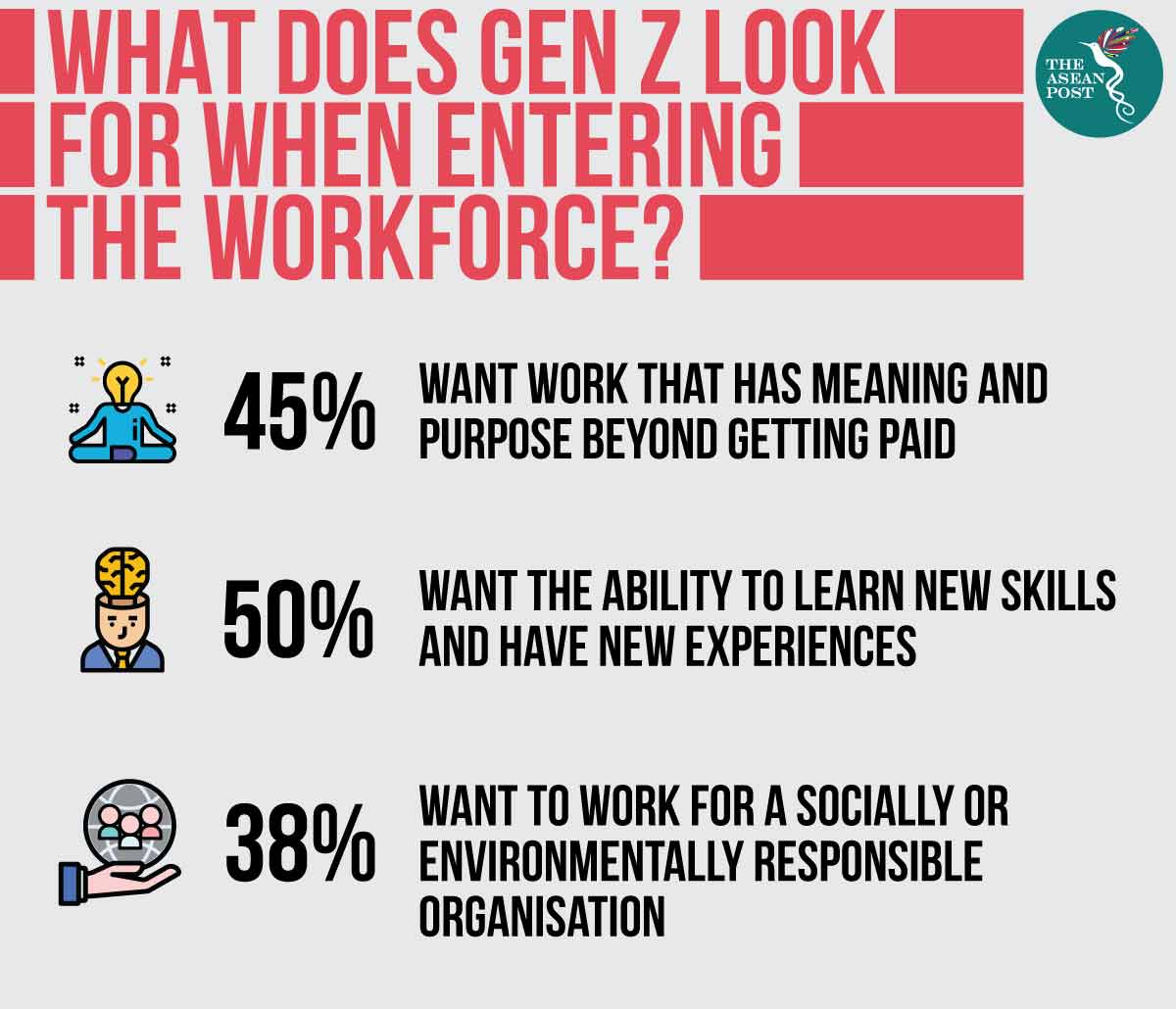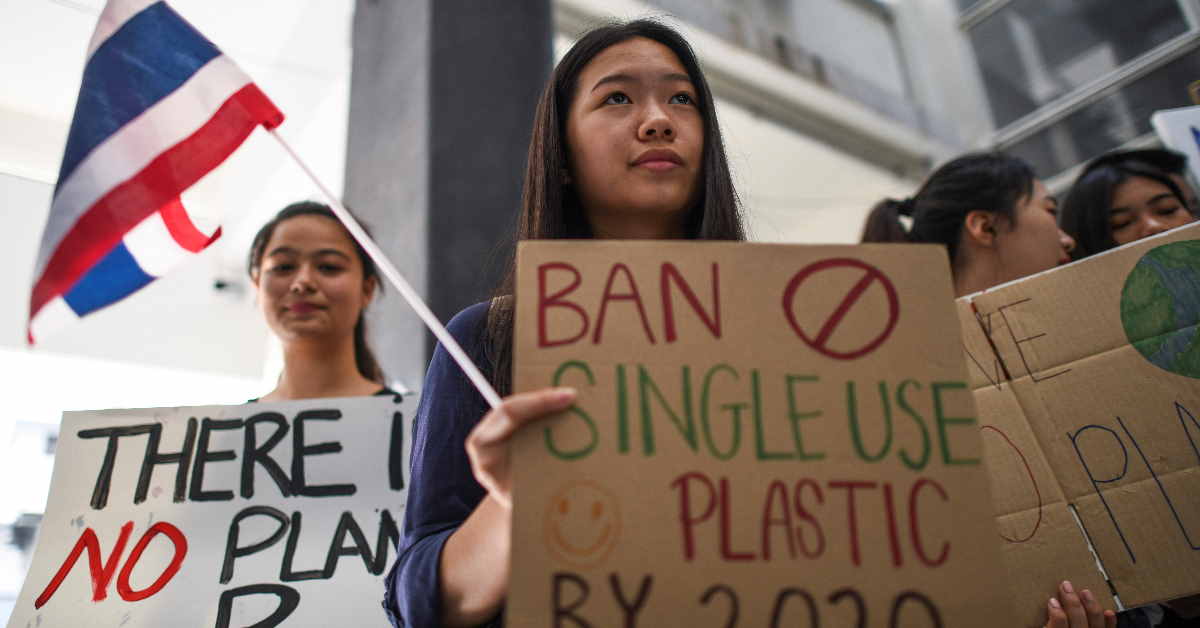If there is one thing millennials are happy about, it is transferring most of the ageism stereotyping they have endured over the past decade to the new Generation Z or Gen Z. Calling millennials entitled and spoilt is no longer fitting as the oldest of that cohort are now in their mid-30s with some already running large companies or already having moved higher up the corporate ladder.
Based on a 2018 McKinsey article titled, ‘True Gen: Generation Z and its implications for companies,’ Gen Z is the cohort born between 1995 and 2010. They are currently between the ages of nine and 24-years old.
Entering the workforce
The media has given the recruitment and retention of their predecessors – millennials – lots of attention in recent years. But what about the entrance of Gen Z into the workforce? Gen Z is the first cohort to have internet technology readily available to them at a very young age, with some observers calling them digital natives. The oldest of Gen Z are now entering the workforce and they are tech savvy. According to tech company Lenovo, Gen Zs are experts at multitasking and can process information rapidly, thanks to their experience of multidimensional learning, entertainment and communication. However, this ability to scan and filter content quickly also goes hand in hand with a lower attention span.
To gain leverage from this technology literate group, some organisations have integrated mentorship programmes where Gen Z is leading the way to enhance technical competencies. It is also expected that they will utilise social media to reshape the workforce.

A 2018 research by Dell Technologies titled, ‘Gen Z: The future has arrived,’ revealed that although they want job security and monetary motivation, Gen Z is less interested in climbing the corporate ladder and are more intrigued about supporting their companies’ growth and success. The research surveyed over 12,000 Gen Zs across the globe with at least 4,300 individuals polled from Southeast Asia.
The report found that Gen Z looks for non-monetary factors in an organisation, with 45 percent wanting to work at an organisation that has meaning and purpose beyond simply getting paid. The survey showed that 38 percent of Gen Zs polled want to work in socially and environmentally responsible organisations. In Southeast Asia, Gen Zs in the Philippines ranked tops for their passion about environmental causes with 53 percent of those polled. They are followed by Gen Z in Malaysia (47 percent), Vietnam (43 percent) and Singapore (40 percent). Dell’s report found a common characteristic shared by many Gen Zs which is the desire to make a positive impact on the world.
Fighting for change
Gen Zs are observing the onslaught of devastation left by man-made disasters as well as natural disasters brought on by climate change, which is raising awareness among them. They are practising an eco-conscious lifestyle and have early interest in environmental issues.
One of the most famous and talked about Gen Z activists is 17-year old Greta Thunberg from Sweden. She gave United Nations (UN) leaders a lecture at the 2019 UN Climate Summit in the most confronting way to push for greater action on climate change. The global strike has since inspired other sub-protests around the world, initiated by the youth.
Autumn Peltier is another Gen Z who has addressed the UN. The 16-year old Peltier is the Anishinabek Nation chief water commissioner who has spent half her life raising awareness about water issues in First Nations communities across Canada. She is fighting for children who are growing up without access to drinkable tap water with some communities not even able to shower without risking possible exposure to a carcinogen.
Ralyn ‘Lilly’, also known as Thailand’s own Thunberg is fighting against single-use plastic. The 12-year-old uses petitions to save Thailand’s environment by meeting with mall executives to demand reductions in single-use plastic waste.
Petitioning though has its disadvantages, including being turned away. “When I was in face-to-face discussions, some people were defensive. I was saying all the cons and alternatives [to single-use plastic], but they just said I was a small girl and all alone,” Lilly recalled, describing her most discouraging moment of activism.
Ageism can be debilitating for the youth especially when what is said gets buried under who says it. But Gen Zs are willing to engage in environmental activism to support causes they care about. They are inheriting a world that is plagued with severe climate catastrophes, rapid extinctions and loss of natural ecosystems, and they are not happy about it. And from what we can see, Gen Z is more determined and louder in asking for change and leading this pack are some highly focused females.
Related articles:
